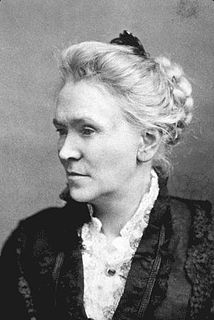A Quote by Jean de la Bruyere
Pure friendship is something which men of an inferior intellect can never taste.
Related Quotes
The region belonging to the pure intellect is straitened: the imagination labours to extend its territories, to give it room. She sweeps across the boarders, searching out new lands into which she may guide her plodding brother. The imagination is the light which redeems from the darkness for the eyes of the understanding. Novalis says, 'The imagination is the stuff of the intellect' -affords, that is, the material upon which the intellect works.
Not everyone’s a lifer in this world, but what separates the wheat from the chaff is intellect. Intellect is a true indication of taste. Some smart kids are standing in these EDM festivals, in the mud and heat and sick, and they’re thinking, “Yeah, this is fine for now, but this can’t be it forever”. There’s got to be something better – but they have to find it for themselves. That’s the next generation right there.
There is something nobly simple and pure in a taste for the cultivation of forest trees. It argues, I think, a sweet and generous nature to have his strong relish for the beauties of vegetation, and this friendship for the hardy and glorious sons of the forest. He who plants a tree looks forward to future ages, and plants for posterity. Nothing could be less selfish than this.
There are three friendships which are advantageous, and three which are injurious. Friendship with the upright; friendship with the sincere; and friendship with the man of much observation: these are advantageous. Friendship with the man of specious airs; friendship with the insinuatingly soft; and friendship with the glib-tongued: these are injurious.
Judges of elegance and taste consider themselves as benefactors to the human race, whilst they are really only the interrupters of their pleasure ... There is no taste which deserves the epithet good, unless it be the taste for such employments which, to the pleasure actually produced by them, conjoin some contingent or future utility: there is no taste which deserves to be characterized as bad, unless it be a taste for some occupation which has mischievous tendency.








































